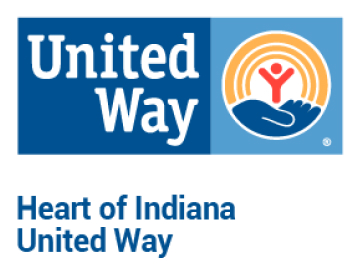
Listening to Our Community: A Lesson in Using Public Knowledge
The strength of a community lies in its ability to listen, learn, and act together. At
At Heart of Indiana United Way, alongside our Community Foundation partners, we’ve had the privilege of engaging with community members to hear their hopes, challenges, and visions for the future. These conversations underscore the value of public knowledge and input in guiding decisions that impact local families, businesses, and organizations.
When decision-making bodies, such as city councils and county governments, prioritize listening to the voices of the community, they create opportunities for transformative change. Public input offers invaluable insight into the daily realities, struggles, and aspirations of residents, ensuring that resources and policies align with the community’s most pressing needs.
Through our conversations in Delaware County, two themes emerged that reflect the priorities and challenges of local families
- Community Dynamics
• Aspirations: People long for a stronger sense of connection and togetherness.
• Concerns: Rising isolation, cultural shifts, and systemic failures—such as a lack of government accountability—leave many feeling disconnected and unheard.
• Actions Needed: Residents expressed a need for leaders to demonstrate empathy, foster authentic connections, and prioritize transparent communication that shows their voices are heard and valued. - Economic Challenges
• Aspirations: Equal access to basic resources like housing, food, and support.
• Concerns: Rising costs and limited job opportunities are pushing families to the brink, with many working multiple jobs yet unable to meet basic needs.
• Actions Needed: A focus on affordable housing, mental health resources, and crisis support is essential to addressing these challenges.
The voices of local residents make it clear: families are struggling to meet basic needs, and investments in housing, utility assistance, and community resources would provide immediate and meaningful relief. Local leaders have an opportunity—and a responsibility—to ensure their decisions reflect the values and priorities of the people they serve.
By incorporating public knowledge into planning and resource allocation, decision-makers can create solutions that build trust and accountability while addressing the root causes of local challenges. Listening to residents isn’t just about hearing concerns; it’s about taking action that uplifts and empowers the entire community.

